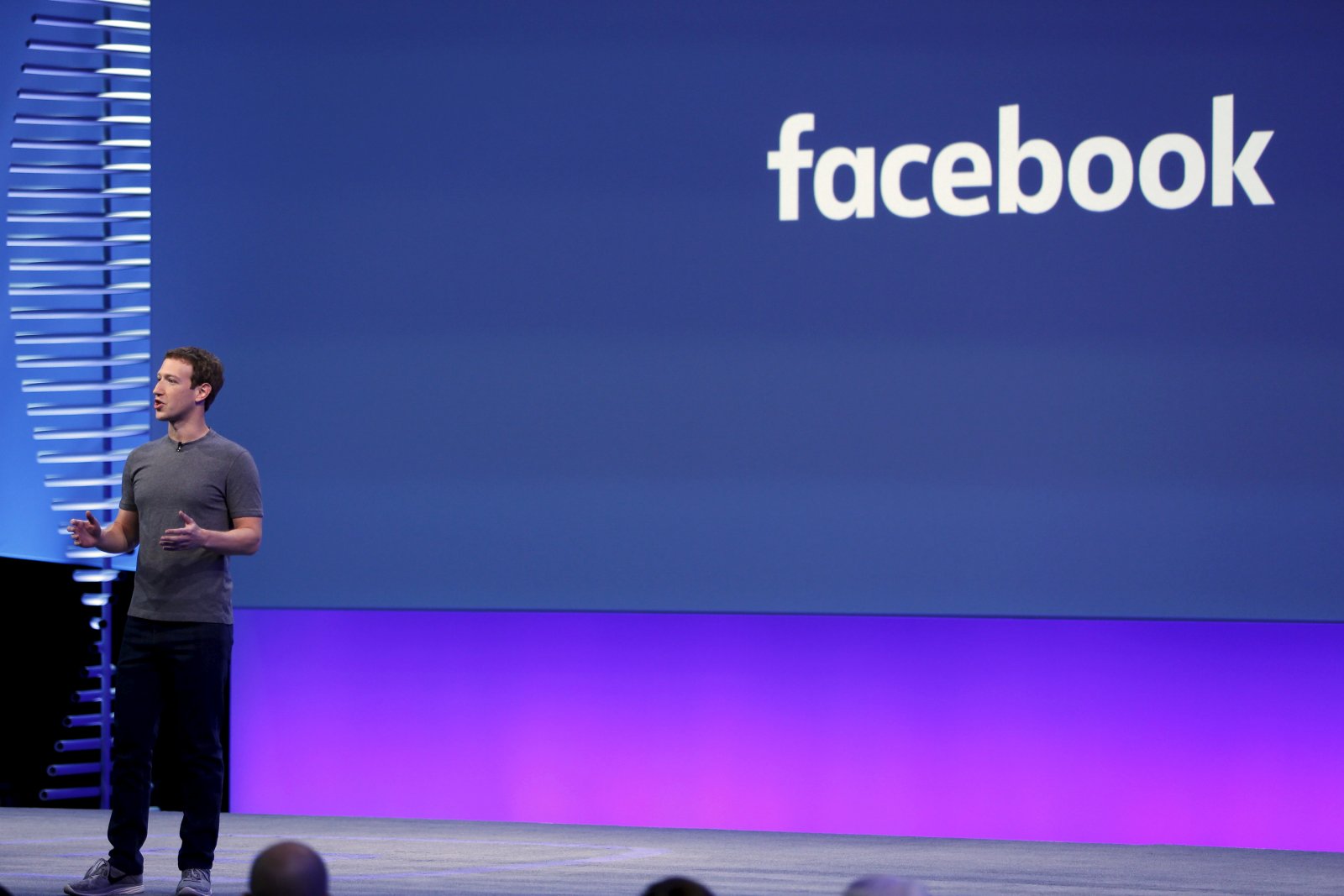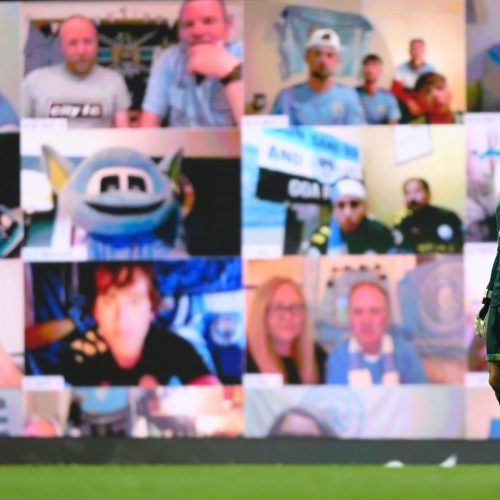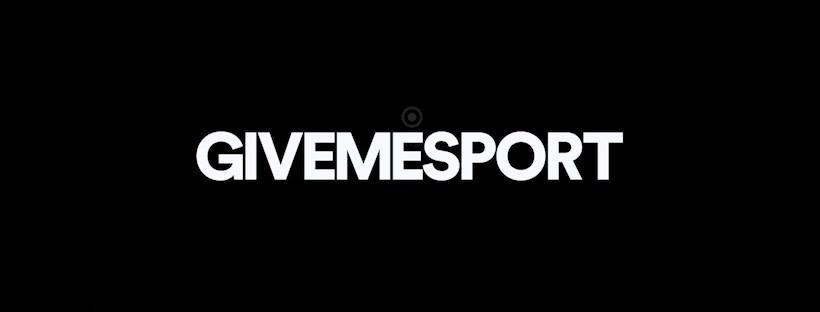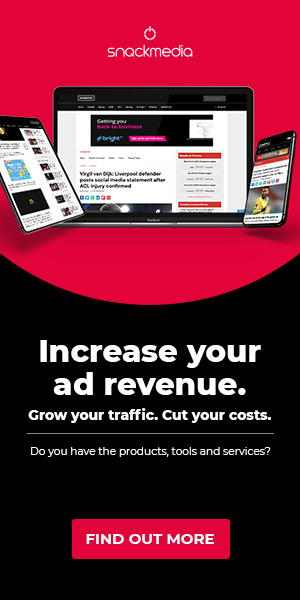Facebook’s algorithm change and a warning for the future of the internet
It’s been called Facebook’s ‘nuclear bomb’, an almost Earth-shattering shock to publishers and brands, and yet it’s one which had been a long time coming.
An algorithm change has brought the already-ubiquitous social media platform into the news again, and when a headline mentions Facebook it’s hard to know if this is one of the daily headlines you hear about the company, or whether it’s something bigger than that. In this case, it’s undoubtedly one to pay keen attention to.
As Facebook has changed its mechanisms in order to show you less branded or publisher content and more post from your social circle on your newsfeed there will be real consequences. But there’s some debate over whether this should be taken as a genuine shock. After all, if you’ve put all your faith in a company to present you with all your reach, then you can have no complaints if the pull the rug from underneath you.
For many, then, this can’t be a shock: plenty of people have warned for years using words like eggs and basket, and presenting them in the negative.
Later this year, we expect the launch of Facebook’s Watch tab in the UK, prioritising what could well be longer-form video from bigger creators like football clubs. And with both the newsfeed and the potential Watch feature moving away from some publishers who have dined out over the last few years on short videos which capture the attention for a few seconds in order to gain passive views in large numbers, there really appears nothing to save them.
But whatever the virtues or problems with Facebook’s decision to change how its newsfeed works, there’s a bigger issue at stake with how we’ve developed the structure of the internet, which is, at this point, vital to our society as it currently functions. Indeed, it’s something that goes much further than Facebook.
With the advent of the internet came the advent of web developers. From smartphone apps came the app developers. Since then anyone with the ability to create an app and idea for what it might do has been able to find a comfortable niche in the market if they’ve been able to succeed.
Facebook is one such entity, but there are millions, none of which are quite as big though. But from social media platforms to others of all types, the internet is awash with apps and sites willing to allow you to use their wares in order to create something for yourself.
And you have to wonder what that means for the future, especially when – as Facebook have proven – the powers-that-be can simply change the system (even if it was a system that needed a critical overhaul).
When you upload a video to Facebook or Twitter, it is no longer really still your video. When you set up an account on Patreon in order to fund your writings or podcasts, you’re using someone else’s system. When you sell something on eBay you’re selling it on someone else’s platform.
When you create content, the next step is obviously putting it where people can see it. For most of us that means going to someone else’s platform where the views you can rack up are greater than they are on our own. But we have to realise that it comes at something of a cost. Facebook and others are free, but nothing’s really ‘free’ – in return, you abide by the laws of the land and put up with the tweaks that come your way. Even the difficult ones.
That’s why Facebook’s change should concern everyone. Although it’s true that everyone affected should have been aware of the possibility of a change, the same can be said for almost everyone who uses the internet. And that shows that the precarious position that those hampered by this news is just the tip of the iceberg.
About author
You might also like
Interview: Nielsen Sports’ Spencer Nolan Discusses Covid-19’s Impact on Sport Media Rights and the Commercial Sport Landscape
Digital Sport’s Rupert Pratt and Thomas Smith recently sat down with Nielsen Sports Managing Director for the UK & Ireland, Spencer Nolan, to discuss Covid-19’s impact on sport media rights
Snack Media acquire Facebook’s largest global sports publisher, GIVEMESPORT
Snack Media today announced that its acquisition of GIVEMESPORT will create one of the largest sports publishers in the UK, further strengthening its offering to advertisers, rights holders and independent media owners.
The seven essentials for achieving successful sports branding
By Daniela McVicker When it comes to sports, great branding is a must. Your brand influences how people see your company or team. It helps you to forge connections with








